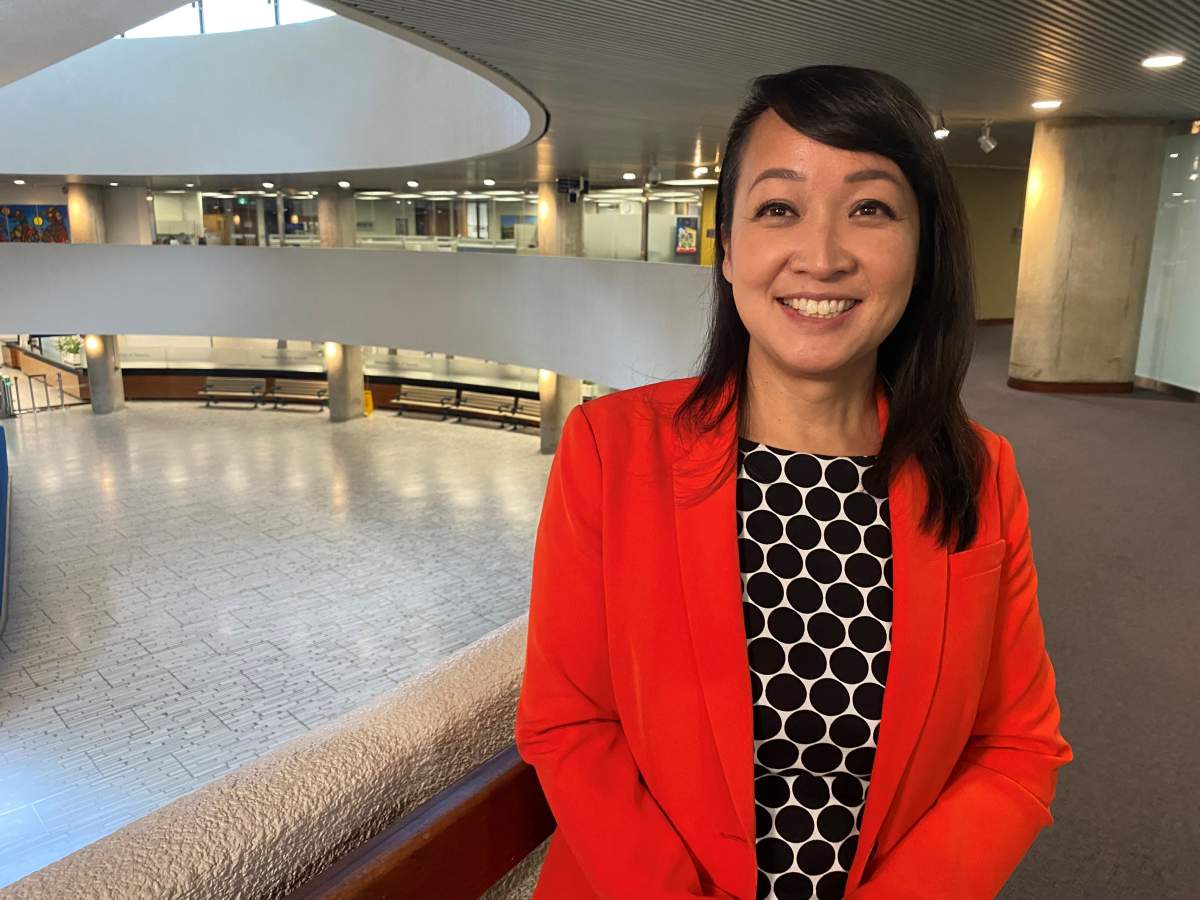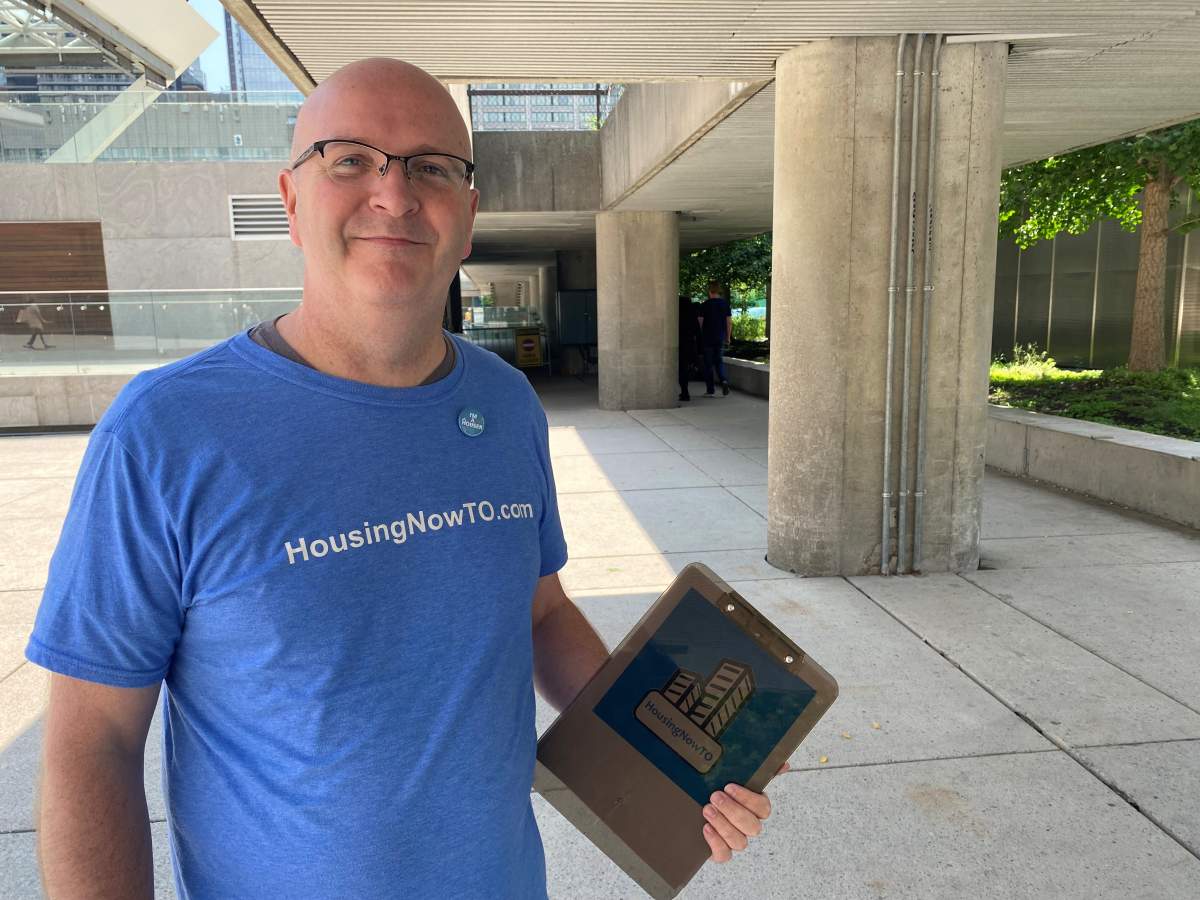Toronto’s modular housing initiative has the ability to rapidly go from construction to moving day within a year, but a prolongated battle over a Willowdale location is taking another twist as the local councillor is pushing forward a motion which advocates argue will further delay the process.

The city currently has shovels in the ground on three sites, with another three already housing people who would otherwise be without a home. But a proposed location on Cummer Avenue has seen major local backlash over concerns for who will be living at the location.
Neighbourhood organizations have argued the location selected by the city for the 59-unit, supportive-housing building is wrong for the area because it is too close to two existing housing buildings for seniors.
Residents’ associations have also expressed concerns over the potential increase of disturbances and crime, which has been an issue raised at other locations the city has selected for the sites. Construction has been stalled and the prefabricated units have been costing the city tens-of-thousands of dollars a month to store, while Toronto awaits an appeal hearing an appeal with the Ontario Land Tribunal.
Willowdale city councillor Lily Cheng ran in last fall’s municipal election with a platform railing against what she called a lack of public consultation over the location. Now on council, Cheng is hoping to end the impasse with a member’s motion calling for a reconfiguration of the building’s layout.
“The units are modular and they are built with some capacity of flexibility,” said Cheng, who said the green space where the modular housing building would be built is used by the seniors nearby.
Cheng’s motion also calls for a restrictions over who could move into the building once it opens. It includes only offering housing to “seniors 59 years and older in need of supports who are homeless or at risk of becoming homeless.”
The motion also calls on the city staff to explore establishing the location “as an abstinence-only facility.”

Get daily National news
“It’s kind of calling a truce to what’s happening,” Cheng told Global News. “The Bayview/Cummer neighbourhood association has said that they will drop their appeal if the motion to reconfigure and to program it for seniors goes forward.”
She also noted she has another motion before council asking it to abandon the site altogether in favour of finding another location within her ward.
Housing advocate Mark Richardson, with the group HousingNowTO.com calls Cheng’s motion a disappointing attempt to undo years of work amid a housing crisis. “They’re only being put into council this week because chances are by the end of the month this appeal will be heard, the local group will lose that appeal, and the city will be moving ahead with the plan so we can have people moved in by December,” he said.
Richardson expressed concern that another delay launched in the warmth of June will have dire consequences when colder months arrive.
“People who are currently sleeping in tents and ravines in Willowdale need a place to stay which is indoor, secure, and supportive,” he said.
Cheng’s motion isn’t the only time the Cummer Avenue location has received interest lately. In the midst of the mayoral byelection, candidate Anthony Furey held a campaign stop in front of the redevelopment site, claiming the city was planning to turn it into a supervised injection site.
Richardson said the supportive nature of the housing may include some health care attention related to drug use, but said the Cummer modular housing location was never designed as a safe consumption or injection site. He called the concerns raised over drug use misinformation spread by local organizations and said it was unfortunate local councillors and candidates were feeding into it.
The chair of the city’s Planning and Housing Committee, who is also running for mayor, Brad Bradford, said the supports that will be in place for the building will be run by its operator and the city isn’t dictating what services will be offered. Bradford said there are many attempting to stoke fear in the project as a means to mobilize support for their opposition.
Bradford admitted it wasn’t easy to get community support for the modular housing building in his own ward, but since it opened, he said the community has come around and are now welcoming of the people that moved into the 59 supportive housing units there.
He also said the city needs to move away from delay tactics that are preventing forward progress in building more affordable housing.
“You can’t on one hand stand up and beat your chest on the housing crisis and then on the other hand do everything you can to obstruct and oppose and delay the housing that this city desperately needs,” Bradford said.















Comments
Want to discuss? Please read our Commenting Policy first.